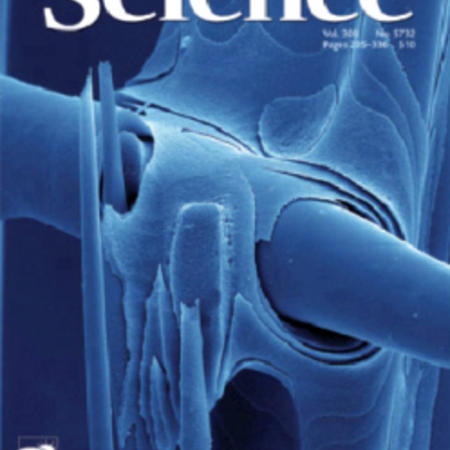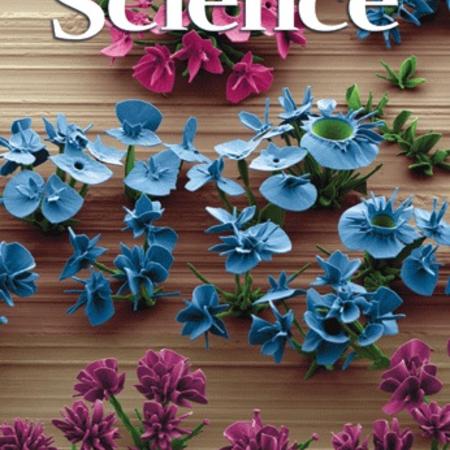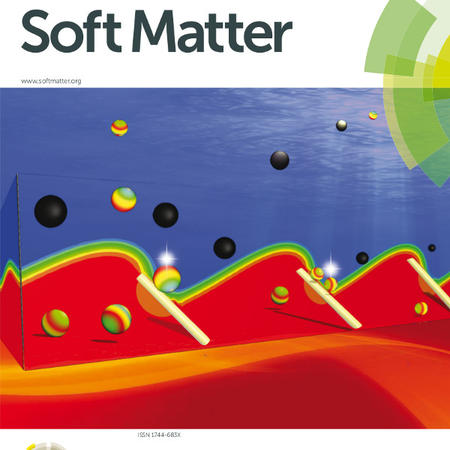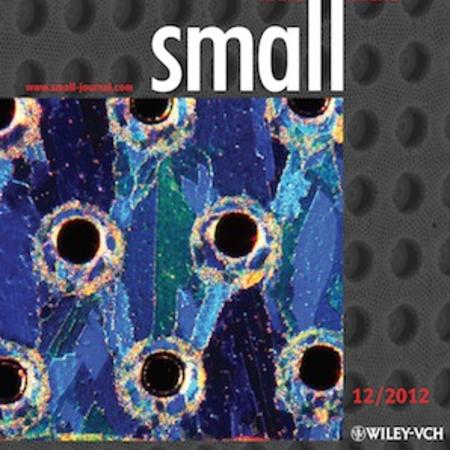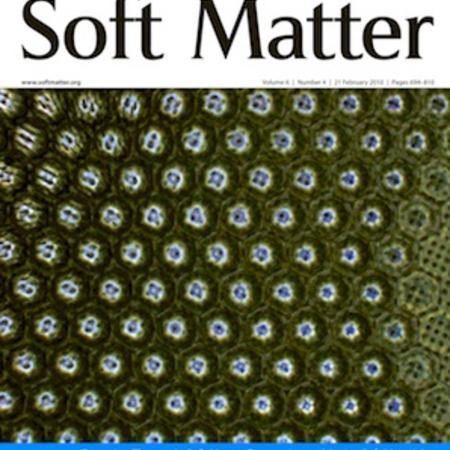Citation:
Abstract:
It is becoming increasingly urgent to develop and utilize novel, more efficient and stable materials for mobile and stationary emission control applications as the deleterious consequences of anthropogenic air pollution are becoming more evident and pressing. Tightening regulations, particularly related to automotive exhaust treatment, together with continued improvements in engine design, that result in lowering the engine operating temperatures and inadvertently lead to the release of an overwhelming proportion of pollutants during the cold start, present new challenges for materials design, specifically for oxidation catalysts. In particular, improvements in the low-temperature activity while maintaining catalyst stability at high temperatures are required from the next-generation catalyst. Typical catalysts for removal of pollutants from automotive exhaust streams incorporate platinum group metals (PGMs). They tend to be inefficient at low temperatures (below 250 °C), thus accounting for the cold start problem, yet sinter and lose their activity at high temperatures that are frequently encountered during catalyst operation. High PGM loadings are often employed to compensate for catalyst inefficiencies and fast degradation, ultimately resulting in high-cost catalytic converters. We have developed a new approach for the design and formation of catalytic materials that allows for both significantly more efficient PGM incorporation and improved overall catalyst performance at reduced PGM loadings. The method provides control over the composition and geometry of the support through self-assembly of sacrificial composite template — “raspberry” polymeric colloids decorated with catalytic particles — accompanied by infiltration with metal-oxide precursor and subsequent removal of the colloids. This method simultaneously structures the porous network and organizes the catalytic particles within it. Uniquely, the resulting catalytic particles are partially embedded in the support matrix and partially exposed to the pore interior, producing catalytic sites that are both stable and accessible. Herein, the feasibility of this novel and versatile approach for automotive catalytic conversion is demonstrated: the studies include testing alumina-based raspberry-colloid-templated (RCT) catalysts containing Pd nanoparticles (RCT Pd/Al2O3) for oxidation of propane and carbon monoxide under simulated diesel exhaust conditions and hydrothermal aging at 800 °C for 50 h in the simulated stream. The RCT Pd/Al2O3 catalysts exhibit exceptional activity toward CO oxidation, reduced reaction onset temperature, and high stability to elevated temperatures (demonstrated through prolonged exposure to temperatures up to 950 °C) and reactive gas streams, without migration, sintering or loss of the precious metal NPs. Notably, the novel catalyst shows the same or slightly better performance than the commercial catalysts even when the PGM load is reduced by ∼80 % compared to the commercial counterparts. These results provide confidence for the utilization of the RCT approach for the fabrication of robust nanostructured catalysts for next-generation, energy-efficient catalytic converters with improved performance at low and high temperatures and reduced costs. The RCT methodology is, in addition, highly generalizable, and can thus be applied for the design of a wide range of catalytic systems in the automotive sector and beyond.
